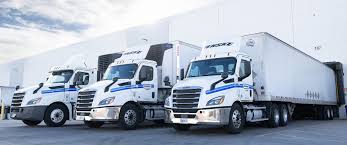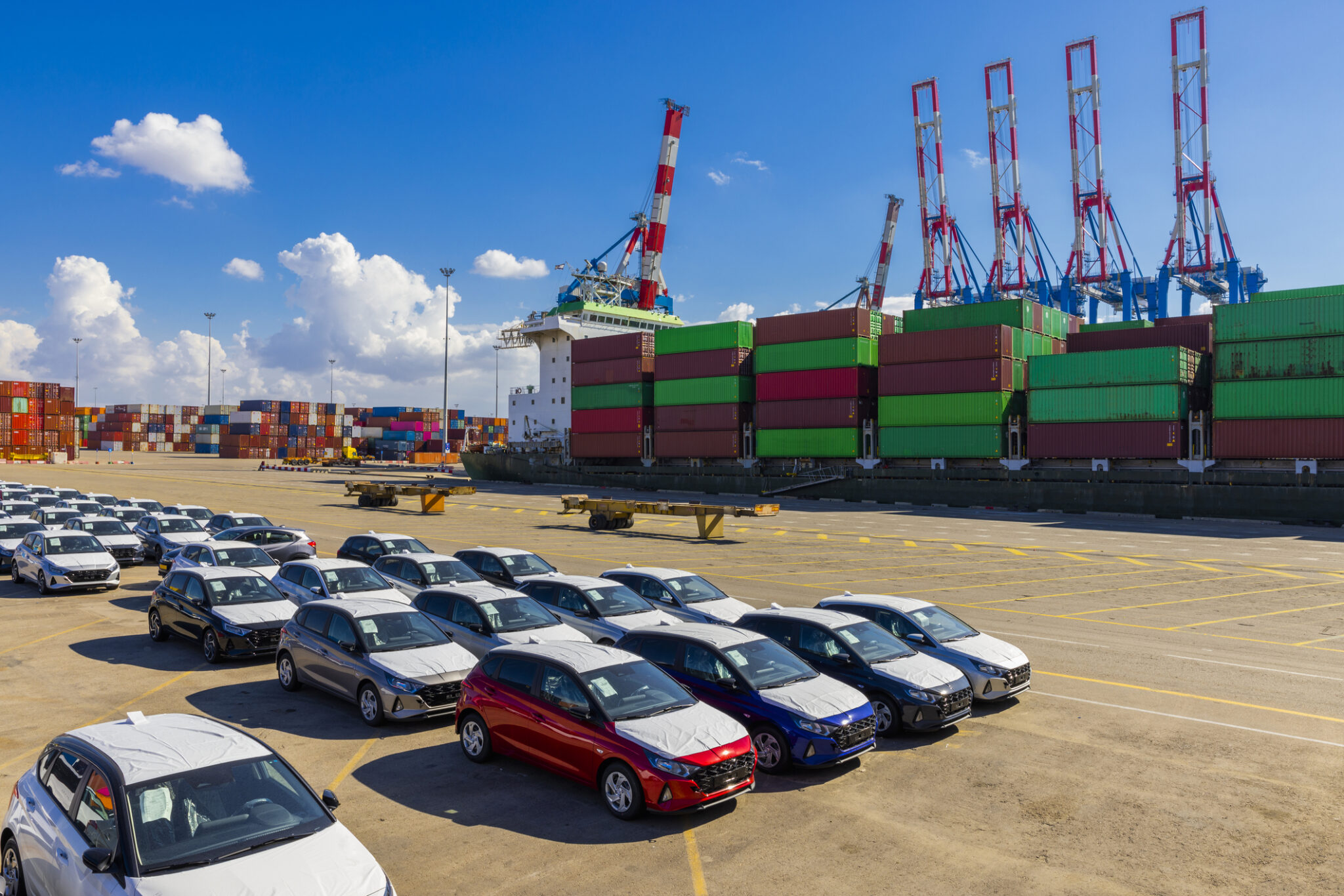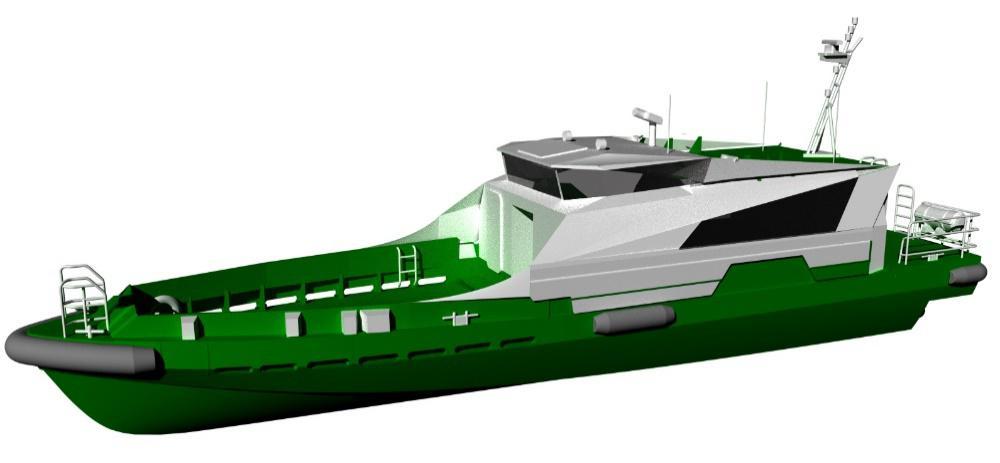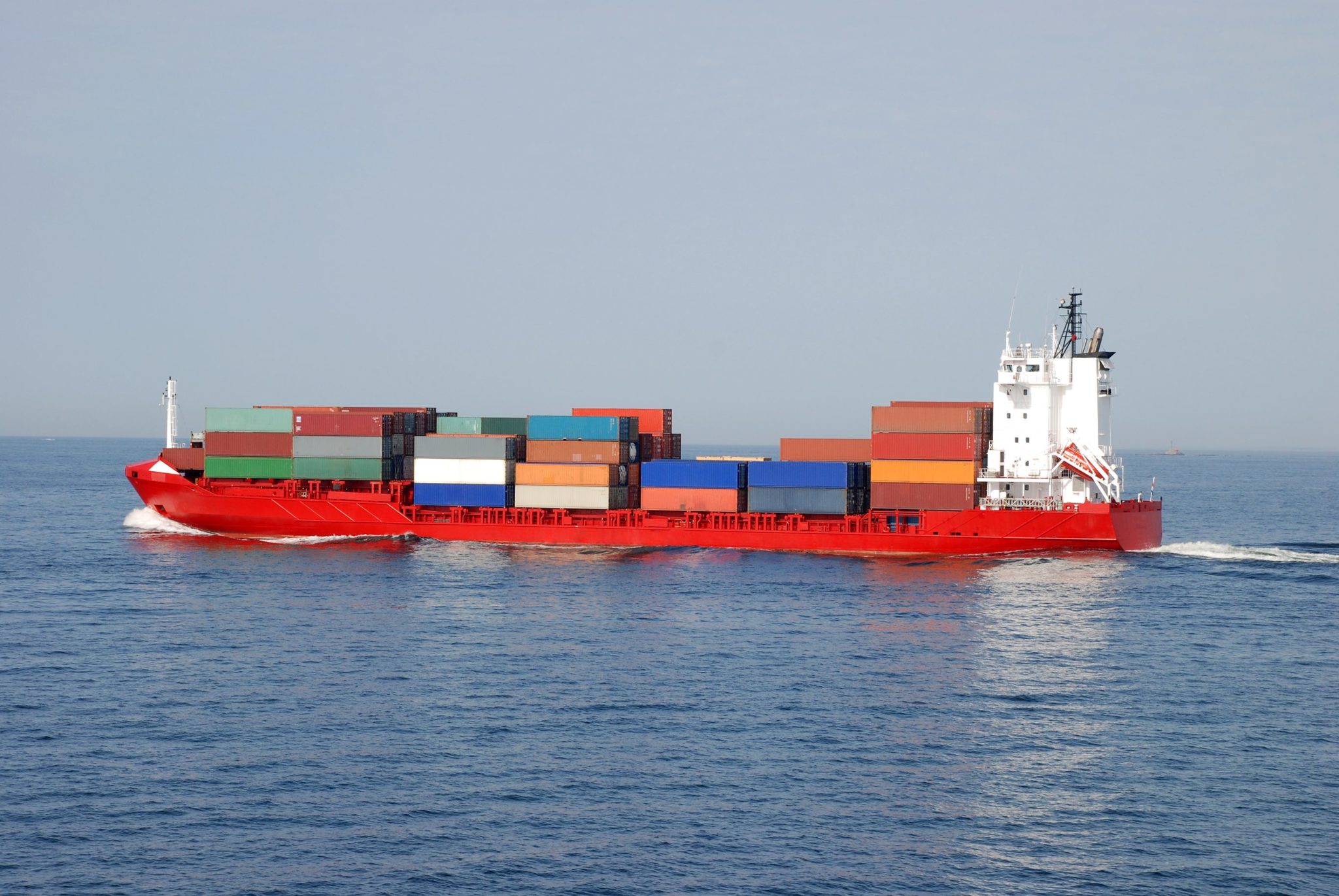Freightwaves: Yet another broker liability case, this time in the Fifth Circuit, adds to the growing mix
Penske family companies won at the district court level, but plaintiffs are appealing; will it impact Supreme Court action?
Even as the question of broker liability is already before the Supreme Court for a possible review, with a second case likely to join the clamor for high court resolution of conflicting circuits, a lawsuit in the Fifth Circuit involving two arms of the Penske trucking empire has the potential to add another level of conflict to the mix.
The location of the Penske case–formally known as Crane vs. Liberty Lane–is particularly important.
There are conflicting precedents on the issue of whether a broker can be held liable for an accident or other damaging outcome (like a theft) if the carrier it hires causes the incident. But those precedents of other federal circuit courts–not the Fifth–lead to the inconsistency that the industry hopes might lead the Supreme Court to granting certiorari and provide legal clarity.
There’s a case in front of it now that could be the pathway for a Supreme Court ruling: Caribe vs. Montgomery. That Seventh Circuit case involves 3PL giant C.H. Robinson (NASDAQ: CHRW).
A tie ‘vote’ that would be broken, either way
The Supreme Court has chosen not to take up the issue of broker liability under the Federal Aviation Administration Authorization Act (F4A) on three separate occasions in recent years. But the conflict among the circuits is now wider, with what amounts to a 2-2 split in circuit court opinions. A ruling by the Fifth Circuit either way in the Penske case would make it a 3-2 split.
Given that the Fifth Circuit has only just recently begun taking briefs on Crane vs. Liberty Lane, it is unclear whether the case could play a role in whether the nine justices will accept certiorari on Caribe vs. Montgomery.
Trucking attorneys also believe TQL will request certiorari in a case it recently lost in the Sixth Circuit, Cox vs. TQL.
It is likely to be months before Crane vs. Liberty Lane will be decided and become part of the conflict that the Supreme Court is being asked to clarify.
By the same token, it is not impossible that if the Supreme Court accepts certiorari in coming weeks on Caribe vs. Montgomery, the Fifth Circuit judges might wait to see if there is high court clarification on broker liability that might guide their decision in the Penske case.
Seventh and Eleventh check in with decisions that back brokers
Decisions that protected brokers from liability in recent years have been handed down in the Seventh Circuit (the Ying Ye and Aspen vs. Landstar cases, as well as Caribe vs. Montgomery) and the Eleventh Circuit (Gauthier vs. TQL) (NASDAQ: LSTR).
Meanwhile, along with the Sixth Circuit decision in Cox vs. TQL that found F4A did not fully protect brokers, there is a similar finding on the record in the Ninth Circuit in Miller vs. C.H. Robinson).
The Supreme Court has rejected certiorari in the Ying Ye, Gauthier and Miller cases.
The case before the Fifth Circuit began in the U.S. District Court for the Southern District of Texas where two units of the larger Penske empire, Penske Logistics, a provider of logistics services, and broker Penske Transportation Management (PTM), ultimately prevailed in their request for summary judgment to be removed as defendants in the lawsuit.
Legal actions in the case continued to proceed even after the Penske companies exited. After a jury trial testimony concluded, but before a verdict was rendered, a settlement ultimately brought the case to a close for the two sides in the lawsuit.
But attorneys for the plaintiffs also appealed the summary judgment decision that freed the Penske companies from the litigation. That is what is now before the Fifth Circuit.
Crash in question goes back to 2018
The fatal crash at the heart of the case involved an accident in December 2018 in Bee County, Texas. Lyndon Dean Meyer was killed in a collision with a truck driven by Satnam Lehal, who was driving for a company called OK Transport. Meyer’s surviving parents and child filed suit. (Their guardian is Mike Crane, hence the name of the suit).
Lehal got the assignment to drive the truck after management of the load passed through several hands.
The long chain of events involved Penske Logistics having contracted with Adient USA to provide logistics services for its products, including car seats. Penske Logistics contracted with its sister brokerage company, PTM, to secure transportation to move a shipment of those seats.
PTM then brokered the load to a company called Liberty Lane to haul the cargo. Liberty Lane, according to court documents filed by Penske’s attorneys, was prohibited from re-brokering the freight.
But its affiliate, Liberty Commercial, did so anyway. The company it brokered the freight to was OK Transport. Lehal was driving for OK Transport when his vehicle collided with Meyer’s Chevrolet Silverado on a wet roadway.
As is the case with both past and ongoing legal cases involving broker liability, the request from the Penske companies to be granted summary judgment and be removed as defendants focused in part on the preemption clause of the F4A. That clause says no state shall make any law that impacts a “price, route or service” of a transportation company, including trucking.
It is the legal doctrine that led courts in such cases as Ying Ye to grant protection to brokers for their contracting of carriers involved in fatal accidents.
The grants of summary judgement to the two Penske companies were not solely on the basis of F4A. Penske Logistics successfully argued it was several steps away on the employment chain from the ultimate carrier, OK Transport. It was let loose as a defendant under a legal rule known as the statutory employer doctrine.
The lower court, Penske Logistics said in its brief to the Fifth Circuit, “concluded that no arrangement existed between PL, OK Transport, or Lehal, and therefore PL cannot be held vicariously liable as the ‘statutory employer’ of Lehal.
PTM, the actual broker given the task of finding transpiration by Penske Logistics, was removed as a defendant on a now-frequent argument: the “route, price, service” core of F4A protected it as a broker.
A spokesman for Penske declined comment on ongoing litigation.
Attorneys for the plaintiffs, in their brief to the Fifth Circuit, take aim at the findings under both the statutory-employment doctrine.
But the brief also discusses at length the safety exemption under F4A, which does permit states and their courts to act against brokers on issues of safety. It was the safety exemption that led to both C.H. Robinson and TQL winding up on the losing side of their broker liability cases.
“It is implausible that Congress immunized brokers from all liability for personal injury without substituting an alternative remedy,” the Crane brief said as the heading of a section.
The brief notes that carriers and freight forwarders must carry liability insurance. “Surely Congress would not have required carriers and freight forwarders to insure against personal injury if personal injury claims were preempted.”
Later, in an argument that has long been controversial, the Crane brief notes that while brokers “are not required to maintain liability insurance,” the preemption clause–routes, price and service–“treats carriers, freight forwarders and brokers identically, grouping them together in the same sentence.”
The question of whether a broker is a motor carrier has been a focus of earlier litigation under F4A.
Related Posts




